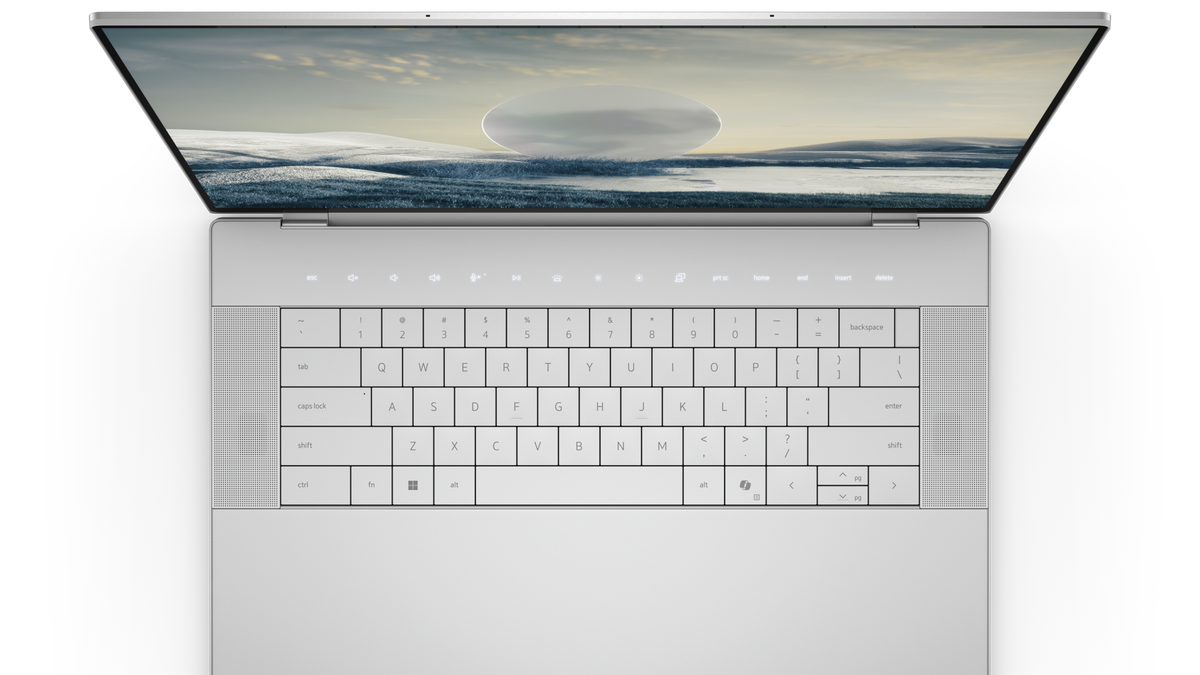Yes, Some New Windows Keyboards Are Getting a ‘Copilot Key' to Quick-Access AI - 3 minutes read

Microsoft’s big early 2024 AI push has PC makers dancing along to the siren song of big tech’s new big obsession. Along with the newly-announced XPS lineup of Dell laptops, there’s one small tidbit of information that isn’t nearly as engrossing but could prove to be Microsoft and the largest PC maker’s push to redefine how folks use their PC with a brand new “Copilot key” on users’ keyboards.
Microsoft broke the seal on its plans for Copilot keys on Thursday, with VP of marketing Yusuf Mehdi saying we’ll start to see these buttons on “many of the new Windows 11 PCs from our ecosystem partners.” The company’s own Surface laptops are also all getting Copilot keys, and more of these laptops should start arriving by February through Spring.
For example, all the upcoming XPS laptops will come stock with Windows Copilot AI built into the OS. With that, the company shared that each keyboard comes with a Copilot key. The button is located to the right of the spacebar, taking the space of the ctrl key. If any southpaw keyboardists are concerned, the button should still work as right ctrl.
It essentially mirrors the current Windows key, though instead of using it to access the Control Panel or other keyboard shortcuts, it’s mainly there to bring up the Copilot controls in Windows. The news confirms what Gizmodo speculated last month about a full-time AI key offering quick access to Windows’ native AI companion. If Dell’s earlier demo holds up, it should allow prompts through either speech-to-text or just straight-up text.
Though it may seem like a mere quick access to Microsoft’s pervasive GPT-4-based chatbot, it could instead manage your Windows settings in a more holistic way. Based on Dell’s earlier demos, the Copilot works to modify the PC’s settings both with and without user input. While Windows’ search bar can bring up the settings to change your screen resolution, it has a much harder time accessing attached accessories or hardware settings like keyboard brightness. Copilot should be able to navigate your system’s settings more thoroughly and bring up those controls within the popup AI panel.
It could also change your settings without your immediate input. For example, it could maximize your security settings if you connect to a public WiFi, though users can still tell the AI to stop modifying settings without their input. Essentially, Copilot could boil down Windows’ full control to a chatbot prompt screen.
Mehdi wrote that Copilot is also good for “turning your ideas into songs,” and “creating beautiful images and polished drafts,” all of which are a much more controversial and creatively devoid use case for AI. But that’s what much of big tech is lauding the technology for, so we’ll have to keep hearing about it.
The XPS laptops are productivity-first devices, so we might not see a copilot key on all the various PCs rolling out in time for CES, but if enough folks don’t decry it for changing up the same keyboard design that’s been around for nigh on 30 years (back when Microsoft first introduced the Windows key), then we could see it popping up on more and more keyboards going forward.
Source: Gizmodo.com
Powered by NewsAPI.org